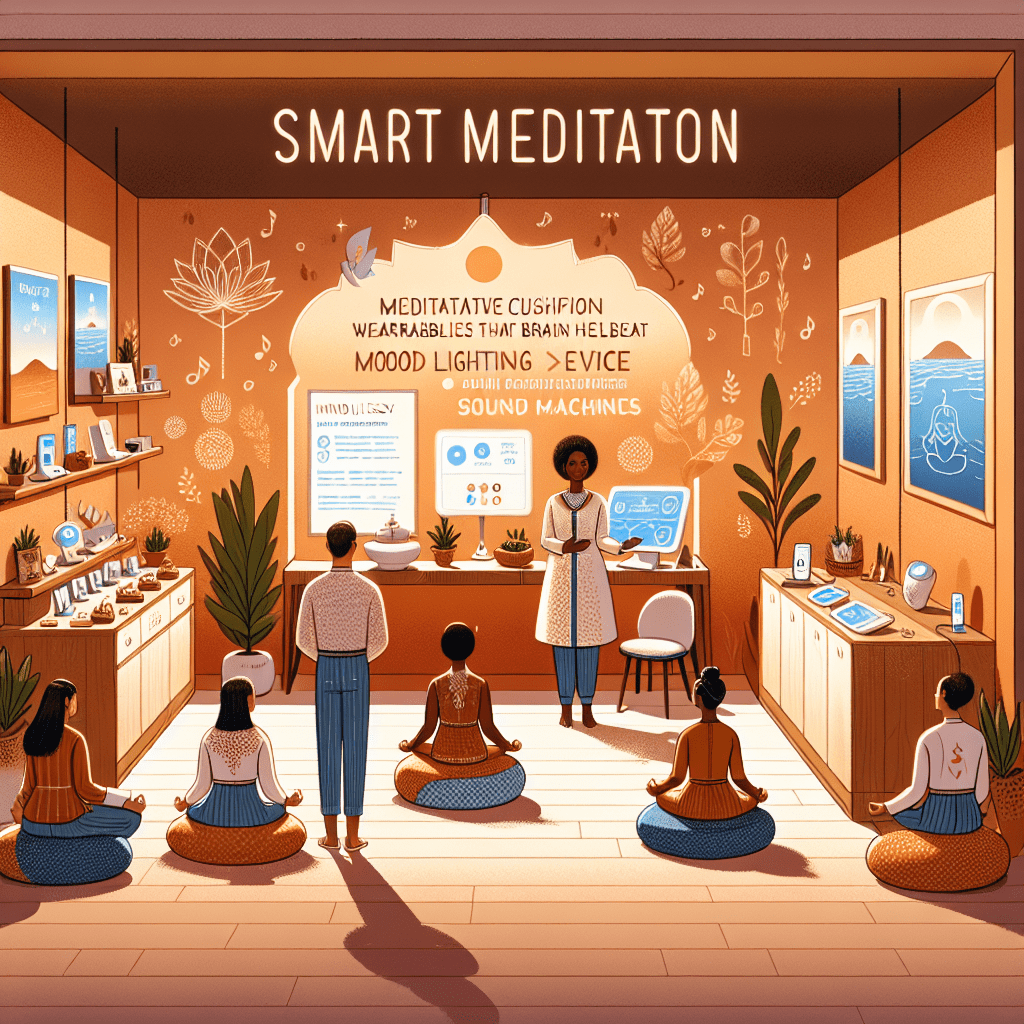
Prioritize your mental well-being daily. Enhance your life by nurturing your mental health with the Smart Meditation app. Break free from stress, alleviate anxiety, and enhance your sleep quality starting today.
What Is The Best Non Addictive Anti Anxiety Medication?
Navigating Anxiety: A Path to Non-Addictive Relief
When anxiety sneaks up, it often feels like we’re riding an emotional rollercoaster without an emergency exit. It’s unpredictable and, quite frankly, exhausting. But here’s the silver lining: the vast ocean of anxiety management includes islands of non-addictive medications that promise relief without the fear of dependency. Let’s dive deeper into these lifesavers, shall we?
The Vanguard of Non-Addictive Anxiety Solutions
While the quest for the single best non-addictive anti-anxiety medication may leave us chasing mirages — because, let’s face it, we’re all wired a tad differently — there are front-runners in this race that garner unanimous nods of approval from healthcare professionals.
SSRIs and SNRIs: Leaders of the Pack
-
Selective Serotonin Reuptake Inhibitors (SSRIs): Not to sound like a broken record, but SSRIs are usually the first port of call when anxiety knocks on your door. Medications like sertraline (Zoloft), fluoxetine (Prozac), and escitalopram (Lexapro) gently nudge your serotonin levels, leading to improved mood and anxiety regulation, albeit with a patience-testing onset period of several weeks.
-
Serotonin and Norepinephrine Reuptake Inhibitors (SNRIs): Like a sister from another mister, SNRIs such as venlafaxine (Effexor) and duloxetine (Cymbalta) work on both serotonin and norepinephrine, offering another angle of attack against anxiety.
BuSpar: The Dark Horse
- Now, if you’re after a medication that doesn’t lounge around in the same neighborhood as antidepressants, Buspirone (BuSpar) might just be your cup of tea. It’s specifically designed to help with generalized anxiety disorder (GAD) and usually has fewer side effects. The catch? Just like the others, it requires a bit of a waiting game to start noticing significant benefits.
Beta-Blockers: The Undercover Agents
- For those moments when stage fright or public speaking send you into a tailspin, Beta-Blockers (e.g., propranolol) can step in as the superheroes. They won’t necessarily lower your anxiety levels across the board, but they’re fantastic at dialing down the physical symptoms (think racing heart, shaky hands) that can hijack your poise and confidence.
Your Roadmap to Relief: Things to Keep in Mind
Embarking on a journey towards anxiety relief requires more than just mapping out the medication terrain. Here are a few signposts to guide you:
-
Open Dialogue with Your Doc: The cornerstone of any treatment plan is clear, open communication with your healthcare provider. They’ve got the compass; make sure they understand where you’re coming from and where you want to go.
-
Personal Tailoring Required: Just like a bespoke suit or a custom-made gown, medication needs to fit you perfectly. What works wonders for Joe next door may not do squat for you. Be prepared for some trial and error.
-
The Dynamic Duo: Medications can be knights in shining armor, but they shine brightest when paired with psychotherapy. Techniques like Cognitive Behavioral Therapy (CBT) not only complement medication but can provide tools for managing anxiety in the long term.
-
Lifestyle Tweaks: Sometimes, a few lifestyle adjustments can go a long way. Regular exercise, a balanced diet, mindfulness practices, and booting caffeine and alcohol off the guest list can make a palpable difference.
Choosing the right anxiety medication can feel like navigating through fog — daunting and a bit hit-or-miss. However, with the right knowledge, an open dialogue with your healthcare provider, and a holistic approach, finding your way to calmer shores is entirely possible. Remember, the goal isn’t just to quiet the storm but to learn how to dance in the rain.





